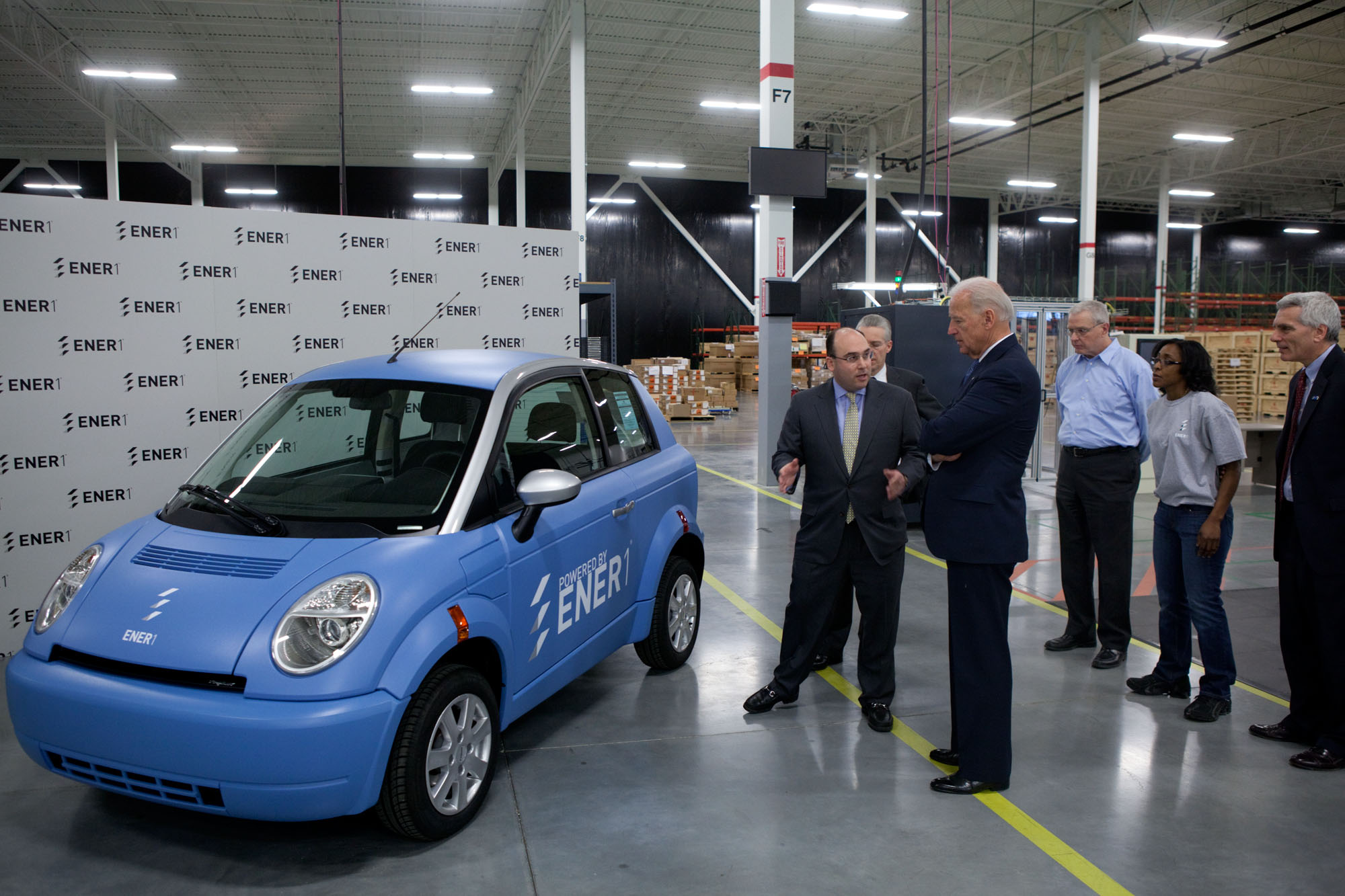Entertainment
GM To Layoff 1,300 Michigan Workers As Failing EV Models End Production

General Motors has announced that 1,300 Michigan workers will be laid off early next year due to vehicles they produce ending production, according to company disclosures released Friday.
The significant layoffs will include 945 workers at Orion Assembly, which produces the Chevrolet Volt. The Volt is set to be discontinued at the end of the year.
In addition, 369 workers will be laid off at GM’s Lansing Grand River Assembly/Stamping, where production of the Chevrolet Camaro is set to be discontinued.
“Lansing Grand River Assembly informed employees today that the plant will adjust staffing levels due to the end of Camaro production,” GM said in a statement. “As a result, about 350 employees will be affected beginning Jan. 2. GM anticipates having job opportunities for all impacted team members per the provisions of the UAW-GM National Agreement.”
The layoffs come not long after the United Auto Workers union negotiated a new contract with automakers after a lengthy strike. Under the new agreement, laid-off workers will have opportunities at other Michigan plants, specifically Factory Zero near Detroit.
General Motors is also not the only big three automaker to announce electric vehicle-related layoffs, as Ford recently cut roughly 750 workers who worked on the F-150 Lightning.
Though UAW president Shawn Fain fawned over Biden and allowed him to visit the picket line, where he bolted after 12 minutes, he conceded in an internal memo earlier this year that the president’s electric vehicle push is taking a toll on the auto industry.
The Biden Administration has set several “green energy mandates” that aim to increase electric vehicle sales to ten-times what they are right now over the next decade. In order to meet this goals, Biden has signed executive orders to convert the federal government’s vehicle fleet, as well as non-combat military vehicles, to electric by 2035. The Biden Department of energy has also granted a number of hefty loans to support the production of electric vehicle batteries in Michigan plants.
“We have been absolutely clear that the switch to electric engine jobs, battery production and other EV manufacturing cannot become a race to the bottom. Not only is the federal government not using its power to turn the tide – they’re actively funding the race to the bottom with billions in public money,” Fain said in a statement after Ford received a $9.2 million federal loan.
Automakers have also conceded that slumping electric vehicle sales are causing issues. Ford has said that it expects to lose roughly $3 billion in operating profit on its electric vehicle business this year.
House Republicans recently passed legislation aimed at curtailing the Biden Administration’s electric vehicle ambitions.

